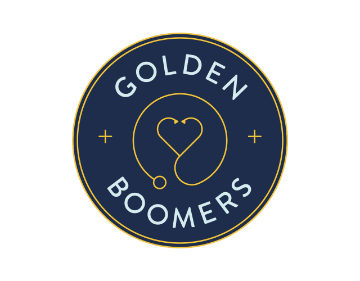- admin
- 0 Comments

Symptoms of Alzheimer’s
Symptoms of Alzheimer’s disease depend on the stage of the disease. Alzheimer’s disease is classified into preclinical or presymptomatic, mild, and dementia-stage depending on the degree of cognitive impairment. These stages are different from the DSM-5 classification of Alzheimer’s disease.
- The initial and most common presenting symptom is episodic
- short-term memory
- loss with relative sparing of long-term memory and can be elicited in most patients even when not the presenting symptom.
- Short-term memory impairment is followed by impairment in
- problem-solving, judgment, executive functioning
- lack of motivation and disorganization
- leading to problems with multitasking and abstract thinking.
In the early stages, impairment in executive functioning ranges from subtle to significant. This is followed by language disorder and impairment of visuospatial skills. Neuropsychiatric symptoms like apathy, social withdrawal, disinhibition, agitation, psychosis, and wandering are also common in the mid to late stages. Difficulty performing learned motor tasks (dyspraxia), olfactory dysfunction, sleep disturbances, extrapyramidal motor signs like dystonia, akathisia, and parkinsonian symptoms occur late in the disease. This is followed by primitive reflexes, incontinence, and total dependence on caregivers.

